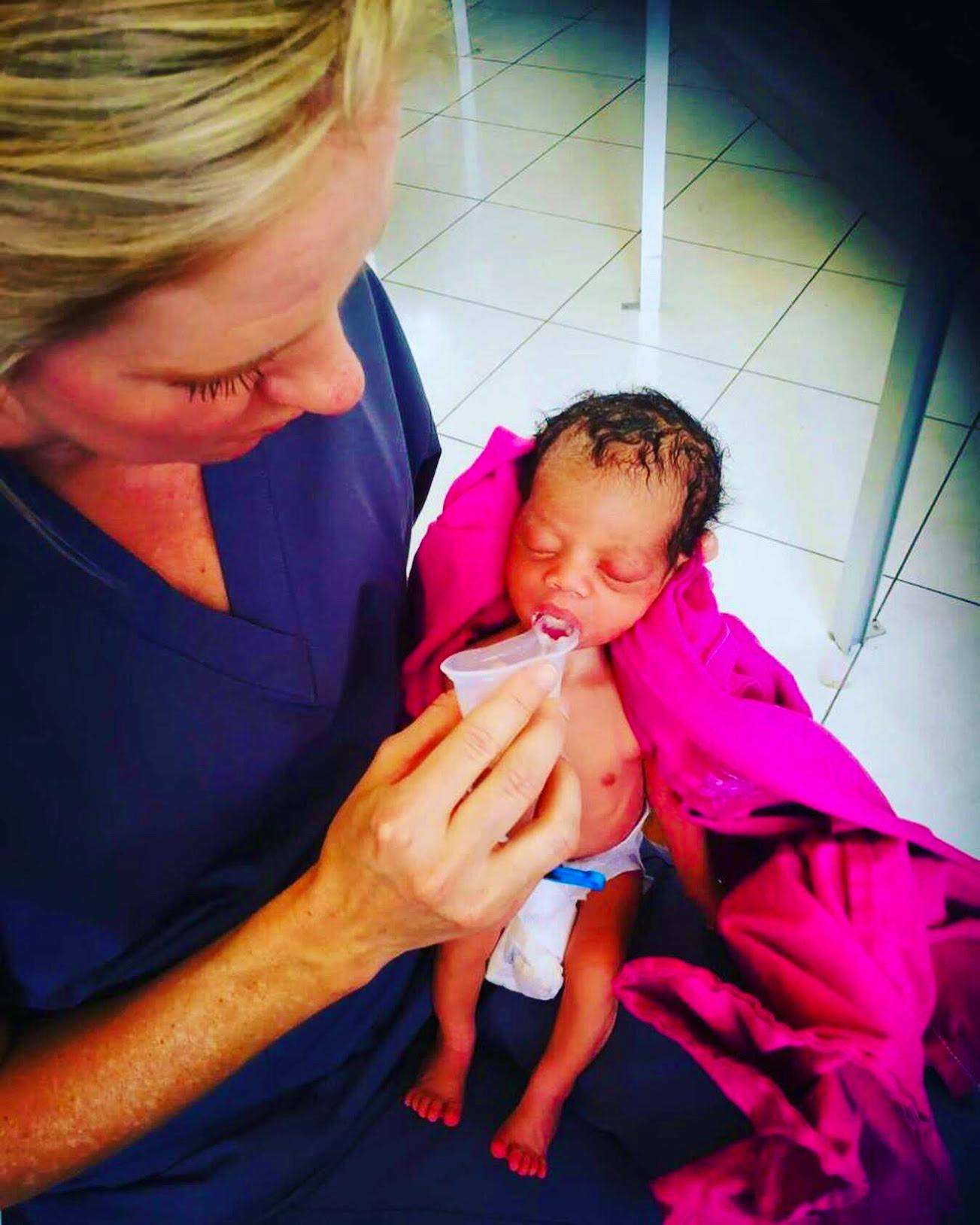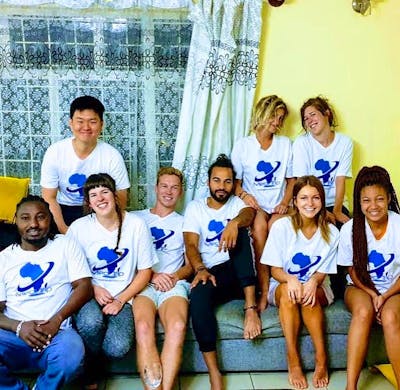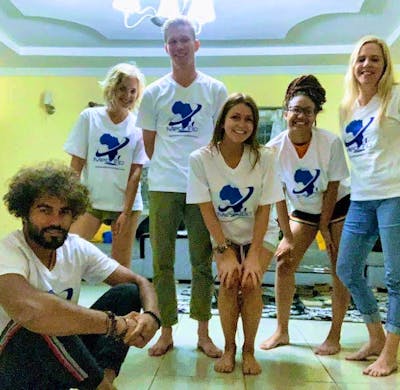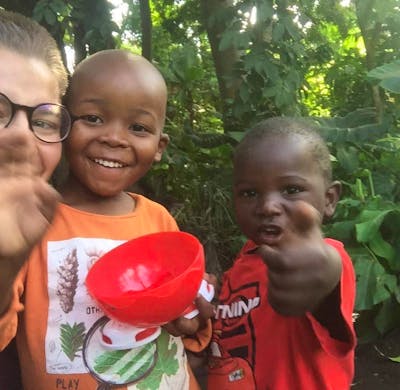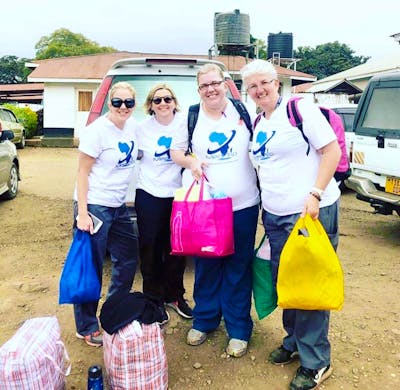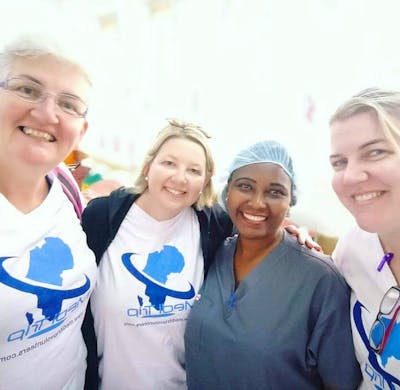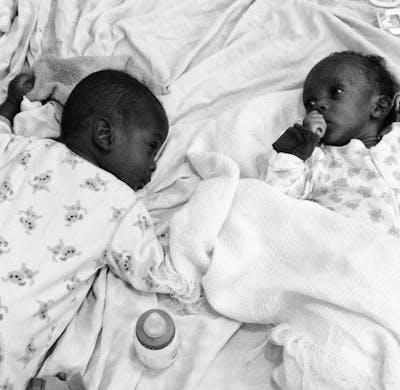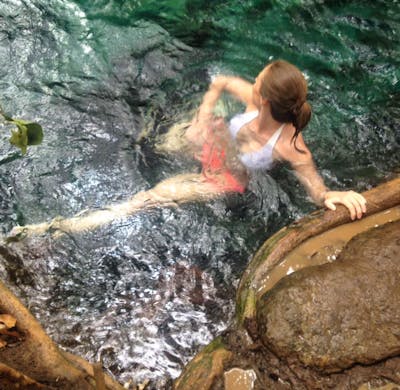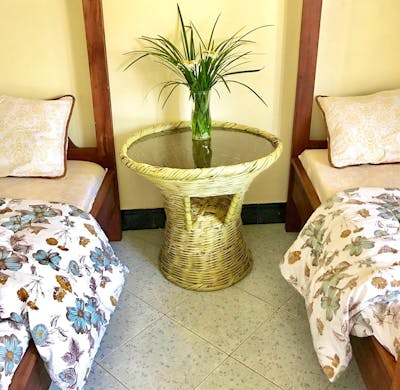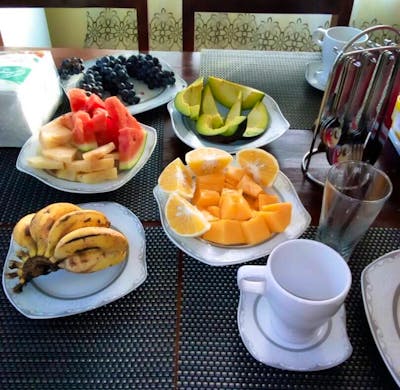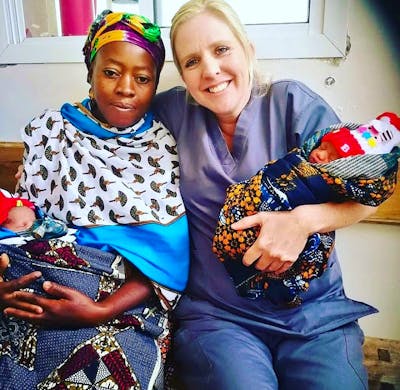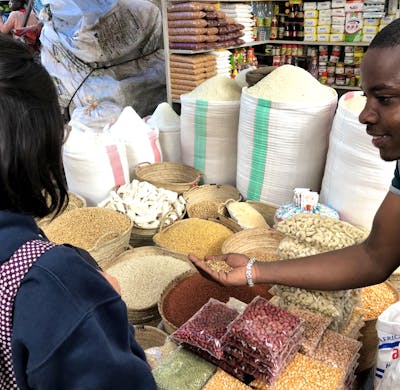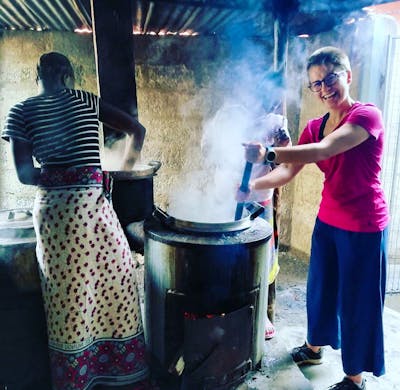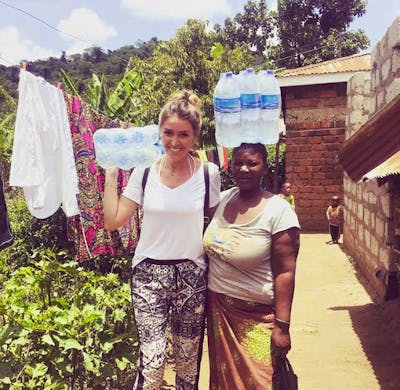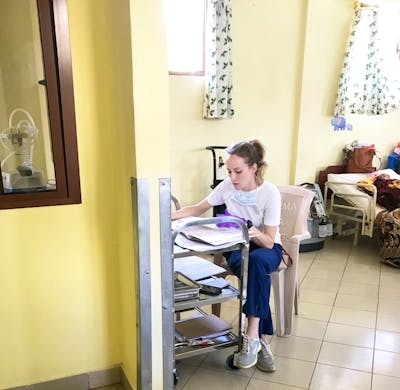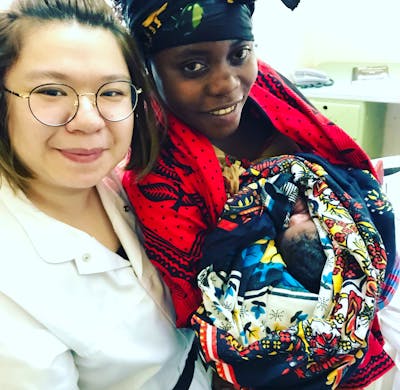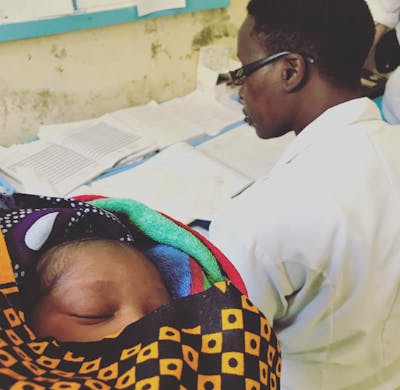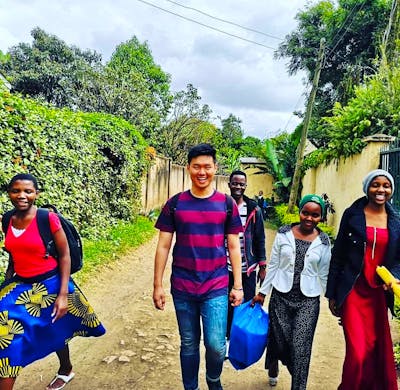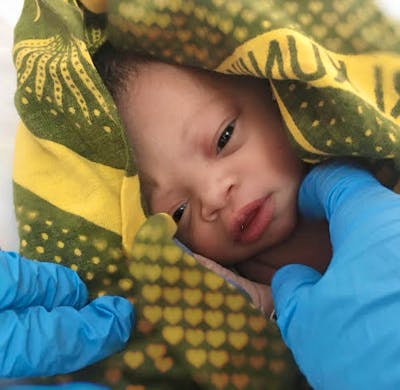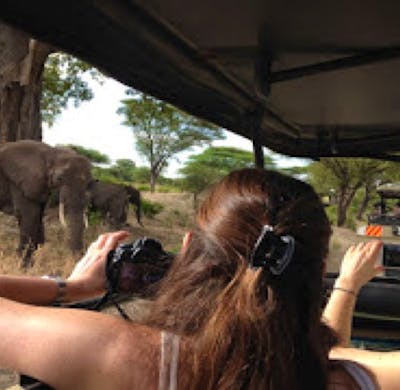Now is the time to challenge ourselves as practitioners and help to empower those who do not benefit from medical advancements and knowledge. Contribute your time and support of fighting malnutrition in Arusha Tanzania. Join the Department of Nutrition within a village hospital dedicated to fighting food poverty and educate the local community on health and nutrition.
Medi Trip PlacementsAt Medi Trip we are distinguished in being able to use our healthcare experience and expertise to pick the most suitable settings for our professional volunteers to experience. When you volunteer with Medi Trip, your volunteer placement would have been chosen specifically to suit your area of interest. Each of our 7 placements facilities are carefully assessed and selected for suitability to our professional volunteers, as well as how much contribution goes into the local health and social welfare.
Your Stay
Many Medi Trippers will not have ever visited Africa, much less Tanzania and often don’t really know what to expect. At Medi Trip, we try not to build any particular expectations as every Medi Tripper’s experience and perception is very unique and individual, however none are let down or left anything less than amazed by Tanzania. Tanzanian’s uphold a strong reputation of being incredibly gracious, kind and warm people. You will often find yourself involved in an extended greeting or a long conversation of someone getting to know you or just simply finding out how you are and it is considered very rude not to greet people appropriately. Don’t be shy and enjoy the warm welcomes you will be greeted with walking down the street, socializing or at work!
Although most Tanzanian's speak and understand basic English, language may be a barrier when communicating with your medical colleagues and your patients. It is important to remain open and confident while working as at times you may feel isolated and lost. Remember that you will always have your supervisor at hand to assist you and help guide you along the way. Many people find once they get to know their colleagues and get into the flow of things, this isn't much of an issue, however this is another challenge that you will have to be prepared to overcome.
About Arusha
Tanzania belongs to the East African community, neighboured by Kenya, Burundi, Uganda, Rwanda, Democratic Republic of Congo, Malawi and Mozambique. Arusha is in northern Tanzania; a very unique and vibrant city at the base of Mount Meru, about an hour away from the tallest mountain in Africa Mount Kilimanjaro. The city is surrounded by natural beauty being in close proximity to several national parks including Tarangire, Ngorongoro, Serengeti, Lake Manyara, Olduvai and Arusha National Parks.
Interestingly, Arusha hosted the international criminal tribunal for Rwanda and sits as the de facto East African Community capital. Despite being in a conservative and religious country, Arusha is regarded as more liberal and very open to foreigners. Perhaps due to it's historical significance in the 1961 Arusha Declaration, which gave independence to modern Tanzania from the British Commonwealth. The city is very much a melting pot, multicultural and populated by people from all different backgrounds. The main language spoken is Swahili and a visitor would do well by learning a few of the many greetings.
Where will you stay?
You will stay in Siret Hostel, one of the highest rated and reviewed guesthouses in Arusha. We provide safe, clean and comfortable accommodation, comfortable bedding, excellent breakfast and dinner and housekeeping. This will be a quiet and friendly neighbourhood only 15 minutes from the main hustle and bustle of town. You will have wifi, hot showers, 24 hour gated security, a domestic/cook (who will happily do your laundry for a small fee) and a coordinator who will ensure you settle in quickly and comfortably into your new town. This is a shared home where you will be staying with other volunteers and guests from across the world, so you will never be on your own in your new environment. The house is impeccably clean, well kept, modern and spacious.
How will you get around?
You have the choice of local taxi’s (we have contacts of affordable, trusted drivers) who can get you around town or you can use the famous ‘dala dala’ mini buses that most Tanzanian’s use to travel locally everyday. Some people adapt very fast and choose to walk around, it is safe to do so however like with any new environment we strongly advise you to be aware of pick pockets and thieves. Always be safe and ask your coordinator before going anywhere new to you.
Important VISA & Permit Information
You will be required to pay a for a VISA & Permit for voluntary work assignment. Please enquire for details.
HOSPITAL CONTRIBUTION
This is a payment all medical volunteers in Tanzania must make towards the Ministry of Health, Tanzania.
Where do my fees go?
Most of your fees are spent locally. Fees ensure you have above standard accommodation, that you have a personal coordinator picking you up at the airport, orientating you and you have a coordinator day to day and your program is planned and facilitated specifically for you, to match your skills and get you to provide the very best to those that need you.
Do any fees go directly to the projects?
Yes they do. Although we don't necessarily think that making financial contributions solve the complex issues faced by deprived areas, we do make a charitable donation on your behalf to your project placement. This is not mandatory. We do this as we know how challenging it can be for our partners to host, supervise and very often teach volunteers. We want our partners to know they are valued and respected for their time as best we can.
What should I wear to placement?
Scrubs are a great option as they will be kind to you in the warm weather, easily identify you as a clinical volunteer and can be discarded if damaged or contaminated. Uniform that covers your legs and comfortable shoes that protect and cover your feet.
Should I bring any gloves, personal protective equipment or medical equipment?
Remember you're going into poorly resourced area, they will not have access to the same equipment you would at home. We usually encourage volunteers to bring a box of gloves for personal use and to share with colleagues, hand sanitizer and stethoscopes. Second hand medical books/information you may want to leave behind is also a simple but great resource to share with your colleagues and refer to together on placement.
What insurance should I get?
You should ensure you're adequately covered by comprehensive travel insurance for the duration of your stay. You should also ensure you have indemnity insurance (UK: RCN membership for nurses/student nurses and BMA/MDU membership for doctors/medical students). For our EU, US and others please check with your employers/university/college or national employment body on indemnity.
What vaccinations should I get?
Please visit the Centre for Disease Control and Prevention for excellent up to date travel vaccination information.
Where can I get cheap flights?
There are dozens of great websites online for cheap flights. It is advisable to get your flights as early as possible to be able to logistically plan your trip.
Is Africa safe for me to travel alone? Do I need to be with other volunteers?
Regardless of whether you're volunteering on a clinical mission, you're still a tourist. Forward planning is key to protecting yourself from risk as you would anywhere in the world. As a group or a solo traveller from abroad, you will attract attention but, you will also have a great support system in your volunteer coordinators, fellow travellers/volunteers and supervisors. It's important to try and be conscientious of your new surroundings and respect and follow local customs as much as possible and insure yourself from any possible risks.
Africa is a large continent with every country varying greatly in local culture, customs, rules and regulations. Research your destination as much as possible and ask as many questions as possible. We would never place you at risk or in harm's way, however it is important you take ownership of your journey and behave responsibly.
Still have more questions? Ask away and get in touch!
We can also transfer you to the airport on your departure date for $50 USD. Please mention this in your application!
PICK UP POINTS:
Kilimanjaro Airport (KIA)
Arusha Airport (ARK)
Arusha Bus station
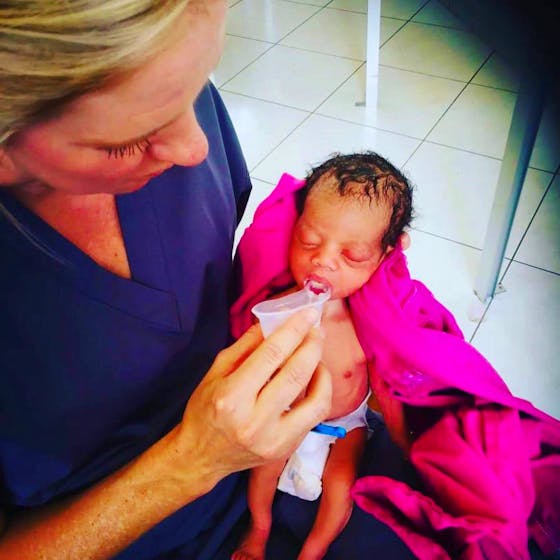
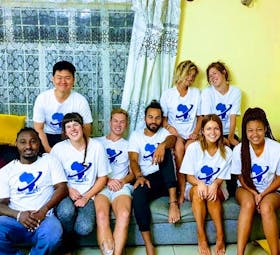
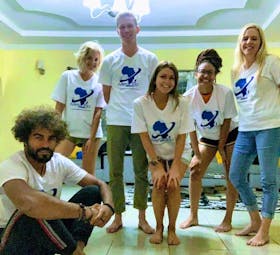
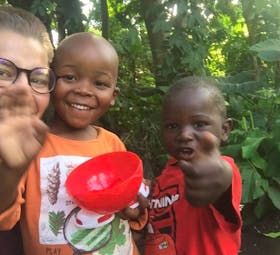
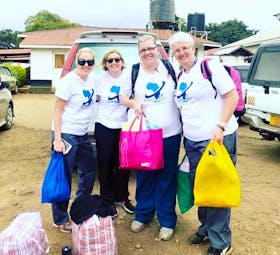
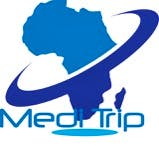
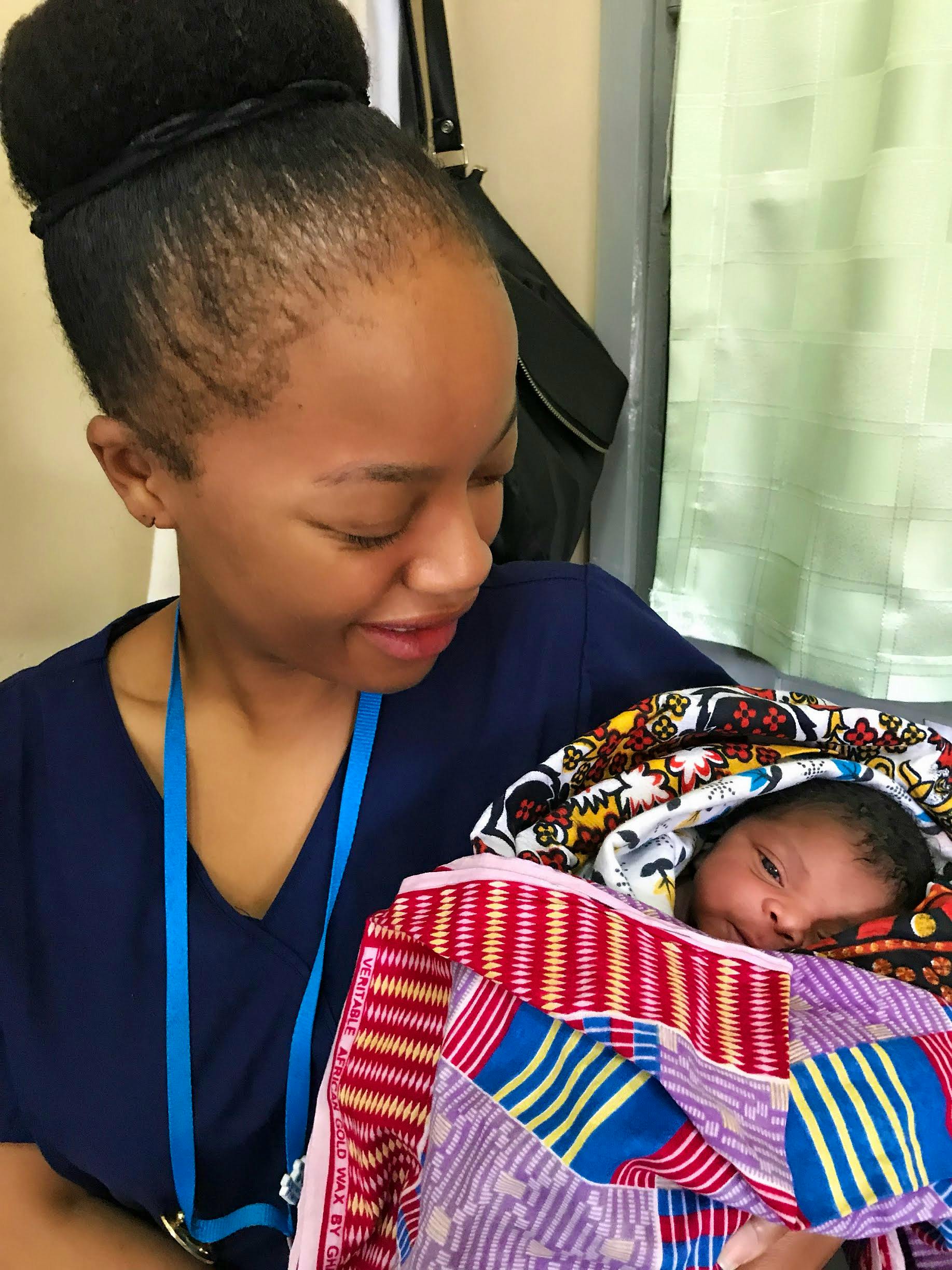
 4.8
4.8

